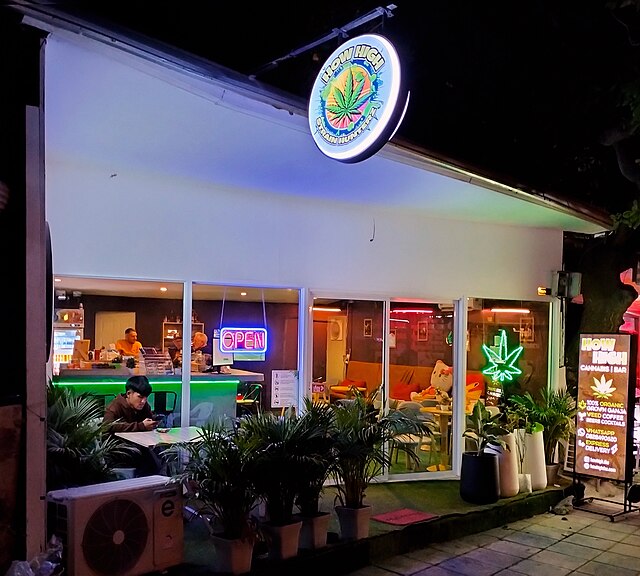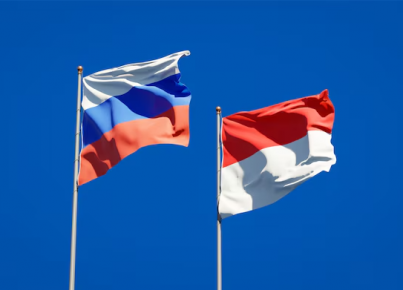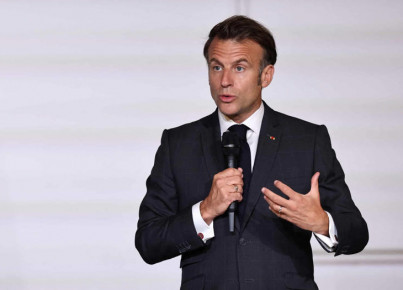Two years after decriminalization, Thailand may re-list cannabis as a narcotic, dismantling a potentially billion-dollar industry
By Francesco Mattogno
The decriminalization of low-tetrahydrocannabinol (THC) cannabis use, made official on June 9, 2022, is undoubtedly among the many contradictions that characterize Thailand. The political context in which Bangkok decided two years ago to ease its crackdown on marijuana, turning Thailand into the first Asian state to allow its recreational use, was that of Prayut Chan-o-cha's government, with a strong military component and a number of civil parties. The largest of these was the Bhumjaithai (BJT) of the then deputy prime minister and minister of health, Anutin Charnvirakul, who was among the biggest supporters of marijuana decriminalization in Thailand.
After promising this in the election campaign, in the summer of 2022 Anutin managed to convince allies and win a large majority in parliament to bring about the removal of low-THC cannabis from the list of narcotic substances. A victory that, just under two years later, could be wiped out by a new government, this time with civilian traction, of which he himself is deputy prime minister and interior minister.
Through a post on X, Thailand's prime minister, Srettha Thavisin, announced on May 8 that he would reinstate low-THC marijuana to the list of narcotic drugs. Cannabis would not be considered a hard drug like heroin or cocaine, but it would again become illegal to grow, sell and possess, with penalties of up to 15 years in prison. Srettha and his party, Pheu Thai, had promised to crack down on marijuana use back in the election campaign, and so had all the major parties, including the progressive Move Forward and to some extent Anutin's BJT, which claimed to want to strengthen its regulation.
According to what was announced, the medical use of cannabis will remain legal and the crackdown will be limited to recreational consumption, that is, the real object of what Srettha called to be a “war on drugs,” which also includes measures against other substances, far more dangerous than marijuana. Technically, the 2022 decriminalization came as a result of a Ministry of Health order that merely included hemp within the “controlled herbs”-this was not an actual law, and that turned out to be its biggest problem.
Beyond some minimal guidelines (such as the need for a cultivation license, a ban on smoking in public or sales to minors under the age of 20), recreational use of cannabis was never really regulated, and only became tolerable as a result of a regulatory vacuum. A vacuum also due to the fact that, in the months following decriminalization, parliament changed its mind on the issue, not allowing the various drafts submitted by Anutin to become law. A law would have strengthened the controls and regulatory soundness of legalized cannabis use, which would have been more difficult to overturn today.
As the parties squabbled over the issue, later shelved as the campaign for the May 2023 elections began, in two years some 8,000 stores have sprung up across the country to sell inflorescences, oils or other hemp products to the public, and more than 1 million Thais have applied for and obtained licenses to grow. Although it is theoretically only legal to sell marijuana with a THC content of less than 0.2 percent (similar to “cannabis light” in Italy), the lack of a law has also made it possible to trade cannabis at a normal level of THC, which is the active ingredient that makes weed consumption psychotropic. However, inflorescences with a very low percentage of THC have no altering effect. To speak of a “war on drugs” would therefore be not entirely appropriate in this case.
This is also claimed by several Thai associations in support of cannabis legalization, which have asked the government to bring in scientific evidence to support that marijuana is more harmful than alcohol and cigarettes. Two years after decriminalization, the industry of growing and selling hemp products has now established itself as a major player within the Thai economic system-a ban would bring thousands of small business owners and workers to their knees.
According to estimates, the industry could grow to be worth $1.2 billion in 2025, to over $9 billion by 2030. The “war on drugs” would risk handing this huge market back into the hands of organized crime, but Srettha does not seem inclined to turn back. The prime minister has told his new health minister, Somsak Thepsutin, that he has 90 days to present progress on the issue. With the exception of medical uses, consuming cannabis in Thailand could become illegal again by the end of 2024.






